By Larry Buckle
THE current recession is of huge benefit to our planet. But while the slowdown is giving the environment a short term breather, the damage is still being done.
One of our main concerns is the concept of ‘peak oil’, which is the point in time when the maximum rate of global petroleum extraction is reached and production enters a terminal decline.
Over the past 100 years, those of us living in the West have developed lifestyles that would be impossible to sustain without cheap and abundant oil. And it is not just for our cars and planes. Oil is vital for the mechanical farming methods that produce our foods, the lorries and, depressingly, the planes that transport it, the factories that process it, and finally the methods by which we cook.
But we are going to have to get used to living without it, as while most scientists predict we will reach ‘peak oil’ in the next five years, bank Goldman Sachs recently claimed we may have already reached it.
The problem is that today’s global economy is almost five times the size it was half a century ago. This has come at the expense of the degradation of 60 per cent of the world’s eco-system. If the predicted 2050 population of nine billion aspires to affluence, the global economy would need to be 15 times bigger than today’s. Regardless of ecology or ethics, this is not possible.
The crisis will start when producers are finally unable to supply the 30 billion barrels of oil required annually. Without them, the global economy will face extreme stress, with a sudden rocketing of oil prices.
The West will no longer be able to function as it currently does. The renewable energy sector will ease the situation but nothing has been found to replace the power of oil.
In 1956, Marion King Hubber, a geologist, predicted that US oil reserves would reach peak production in the 1970s and subsequently decline. At the time, the government and oil industry rubbished this claim. Today, however, it is a fact, and as a result, the US now imports large quantities of oil to meet demand. Nowadays most oil producing countries are facing peak production. While many (alongside their oil
company friends) often exaggerate the level of their reserves, the writing is on the wall.
The issue of ‘peak oil’ should not be confused with the amount of oil remaining underground, with huge quantities still available, yet difficult, or politically complicated, to reach. The technology is constantly improving to extract these reserves, yet that is not the real issue: we are using more oil than future supplies will provide.
The problem is further emphasised by the industrialisation of China and India, with their vast populations aiming to develop lifestyles requiring huge amounts of energy. This, if not somehow avoided, will almost certainly tip the globe into a disastrous spiral of warming, faster than
most scientists already think.
Looking at the positives, ordinary people have the power to create real change, with many already doing their bit. Living in Andalucia, we are in one of the world´s hot spots for sustainable energy. But we could easily provide much more energy from sustainable sources than the current 30 per cent.
There is certainly no reason why solar farms could not be sited on the roofs of urban buildings, with the cities requiring far more energy than those living in rural areas.
The climate and terrain of Andalucia is also perfectly suited to small scale food production. It also benefits from an army of experienced elderly growers, who are only too happy to impart their local knowledge.
Full employment could be pursued by encouraging local craftsman rather than imported goods reversing the damage of soil erosion from heavy-handed agricultural practices and the creation of many new jobs to help alleviate the impact of previous damage. Education and democracy need to be central to any change, with ordinary people key to the decision-making process.
Sadly though, our economic and political systems (the vast majority of politicians and mayors included) are unable to cope with the realities of the new post-industrial world. We need to accept that the current crisis is not temporary, but an ongoing and long-term symbol of morally unsound
behaviour.
Global leadership, ill-equipped at the best of times, is trying to use the remedies of the last century to cure the problems of the 21st Century, a tactic that is unlikely to succeed.
Things will soon inevitably change and it is up to us not to succumb to the misguided arguments shrouding the current debate. Having an idea is not naïve and aiming for a better society is not doomed to failure.



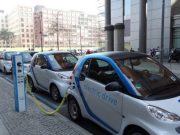
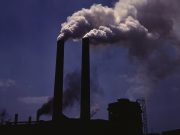











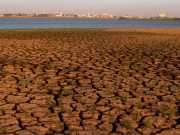


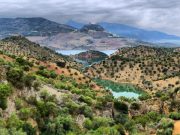

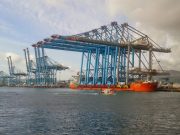






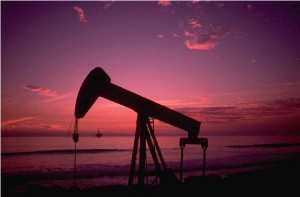
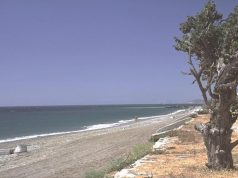








Do you provide any information/books etc, on sustainable living? I have moved to rural Ireland from the Uk, and have a couple of acres which I would like to utilise in a sustainable way. I previously lived in a city (Chester) and am a novice at country life, so would need to start small.
Many thanks…..keep up the good work